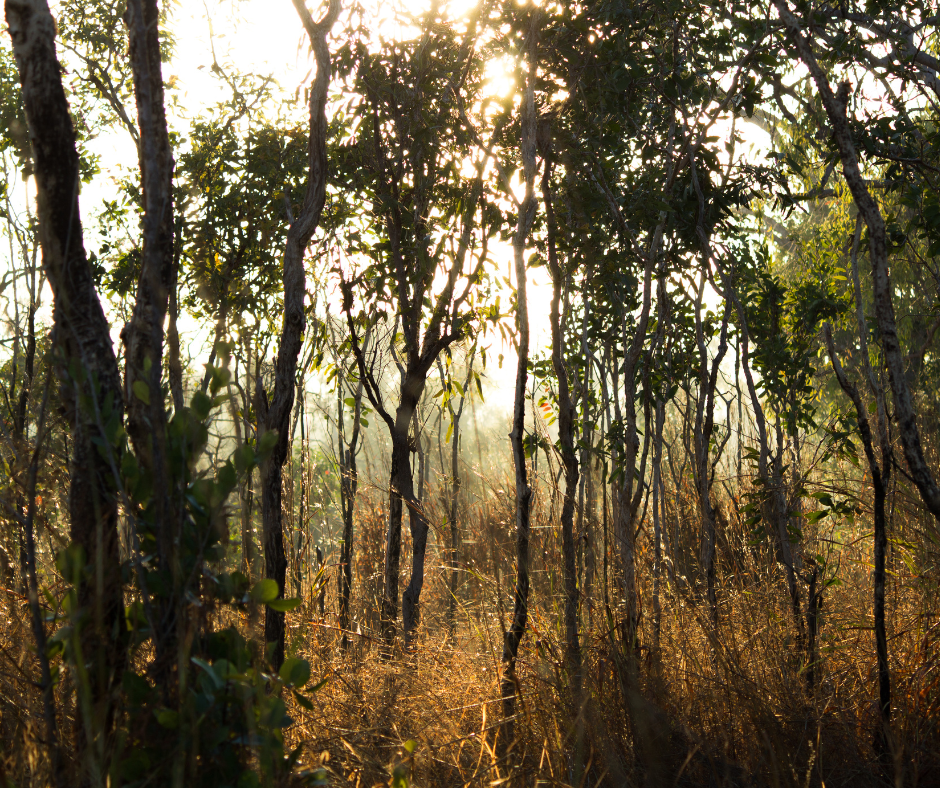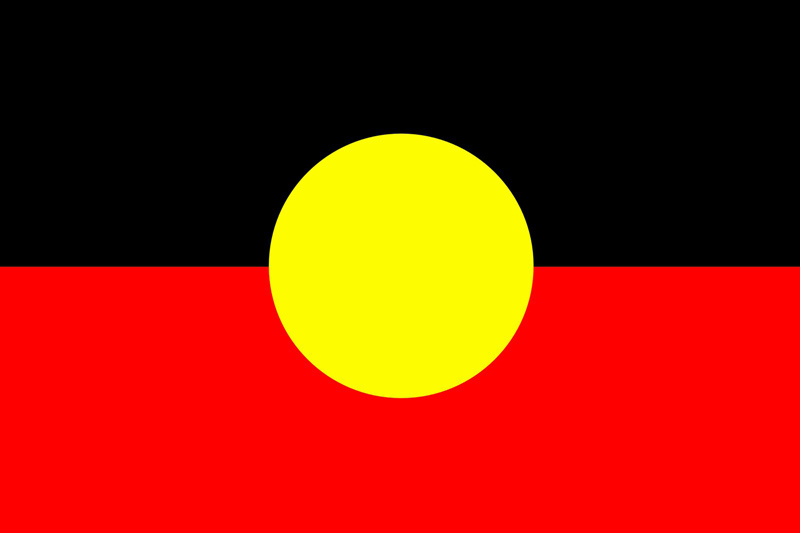
While the health and wellbeing of Community is the focus of the New Medical Facility project, this in no way diminishes the importance of dhelkunya Dja (healing Country) to promote the laws, culture and rights of all Dja Dja Wurrung People.
BDAC is firmly committed to ensuring that our lands and waters are in good condition, which is why we have engaged the expertise of the Carbon Reduction Institute (CRI) – Australia’s most experienced and reliable carbon management organisation – to carry out a carbon neutrality assessment.
CRI’s process involves calculating embodied emissions, conducting Life Cycle Assessments (LCAs), and providing advice on carbon offsetting. For example, the assessment will assess how much carbon can be reduced by opting for carbon-laminated wood instead of concrete.
Understanding our carbon footprint
The assessment consists of two studies:
- Upfront carbon emissions – An assessment of the carbon emissions created during the construction of the facility.
- Operational energy – An indicative study into the carbon emissions from the daily operations of the building, once complete.
These studies will allow us to make the necessary adjustments needed to achieve carbon neutrality and set us on a path to become a certified carbon-neutral organisation in the future.
More about the Carbon Research Institute
CRI was established in 2006 for the purpose of assisting organisations and businesses in taking action to mitigate the effects of climate change, and transition to a low carbon economy.
CRI is Australia’s most experienced and reliable carbon management organisation, and the NoCO2 Certification Program is recognised as the best practice standard for carbon neutral certification in Australia.



